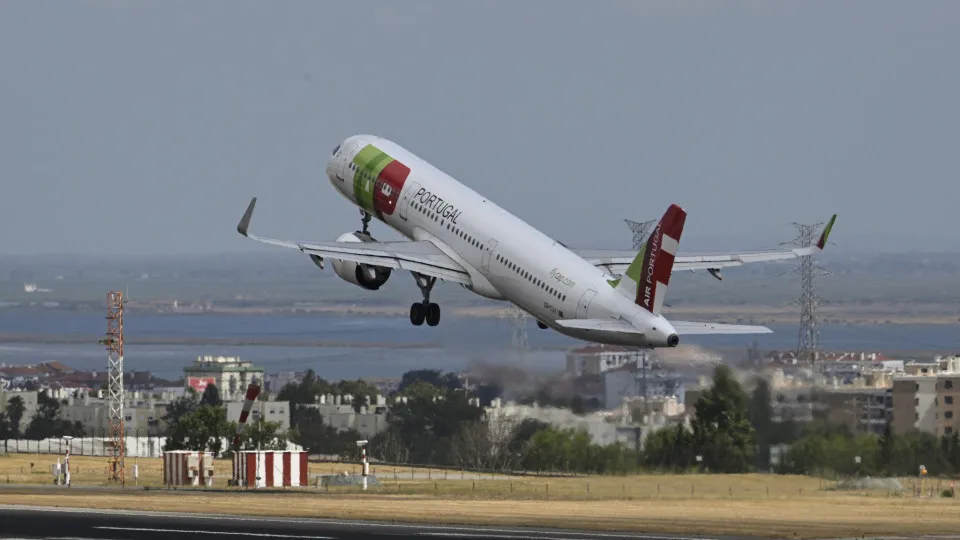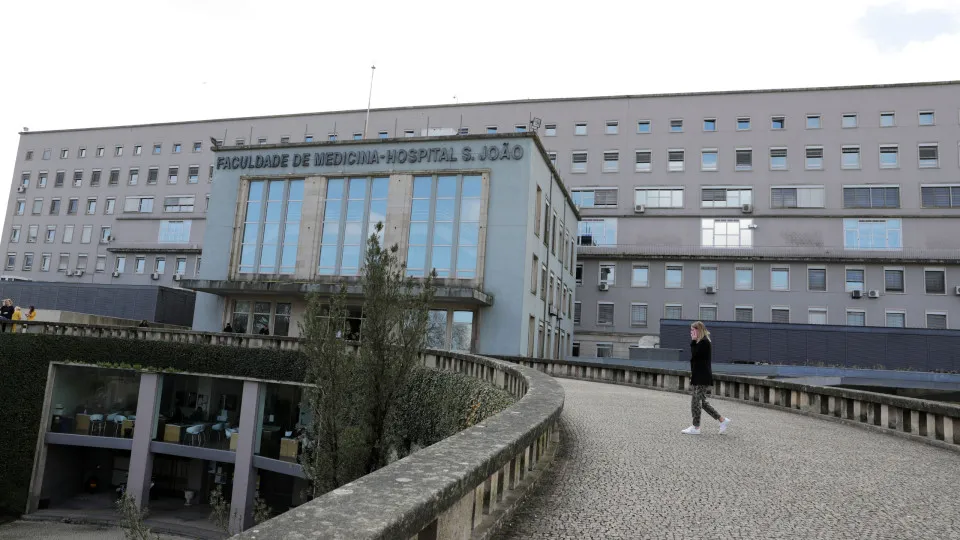
The seller’s requirements for the sale of TAP, disclosed on Monday evening, introduce a stipulation that the purchaser of 44.9% of the airline’s capital must retain their stake for five years post-acquisition.
The document also outlines the general terms for selling up to 5% of TAP’s share capital to employees, with the private investor eligible to buy any shares that workers do not purchase.
Earlier in September, the Government had indicated that the specifications require that only airline operators with revenues exceeding 5 billion euros in one of the last three years, demonstrating proven aviation sector experience, and meeting probity and financial capability criteria, will be considered.
Applicants will be further assessed on fleet expansion, investment in maintenance and engineering, and commitment to sustainable fuel production. Consideration will also be given to compliance with existing labor commitments and collective bargaining agreements, as well as potential shareholder position enhancements in TAP.
The release of the specifications marks the formal start of the initial phase of the national airline’s privatization, a direct sales process with a maximum duration of one year from this publication until the signing of all contractual instruments, possibly extendable via a Council of Ministers’ resolution.
Outlined stages and timelines of the process are as follows:
– The first stage involves submitting an expression of interest and meeting participation criteria within 60 days from today, or by November 21st.
– Parpública then has 20 days (until December 11th) to deliver a report to the Government describing interested parties and evaluating their compliance with participation criteria.
– Within 20 days from the report’s availability (by December 31st), eligible parties are invited to submit a non-binding proposal.
– The second phase entails the submission of non-binding proposals within a maximum of 90 days (by March 31st), including the offered price for acquiring shares and details on financial means for finalizing the purchase.
– Following this period, Parpública prepares a report assessing these proposals, which must be submitted to the Government within 30 days (by April 30th). If clarification is sought from any proponent, the 30-day period pauses until clarifications are provided or the allotted time expires.
– Based on Parpública’s report, the Council of Ministers selects the most favorable non-binding proposals, inviting the respective proponents to submit binding proposals.
– The third stage involves conducting informative formalities and submitting binding proposals within a maximum of 90 days from the invitation’s dispatch. However, the invitation letter may specify a shorter period for submitting binding proposals.
– Subsequently, Parpública compiles a report on those proposals, requiring submission to the Government within 30 days of the binding proposals’ submission deadline. This deadline may be extended by the Council of Ministers upon Parpública’s justified request.
– Based on this report, the Council of Ministers selects the best proposal, notifying all proponents simultaneously, or opts to move forward with negotiations with one or more proponents to propose enhanced and final binding offers.
– With the proposal’s selection, final contract drafts for the sale’s execution are approved by the Council of Ministers, to be signed within 15 days of the buyer’s acceptance.
– Finally, the State must call a TAP general meeting to present necessary or suitable resolutions to ensure the privatization, and the agreed industrial and strategic plans’ realization.




